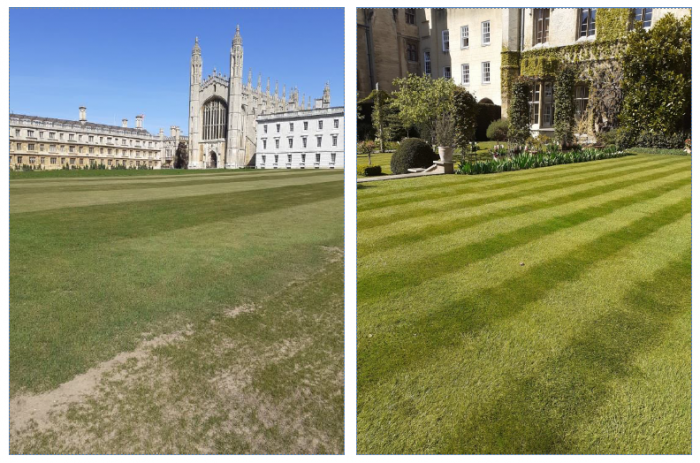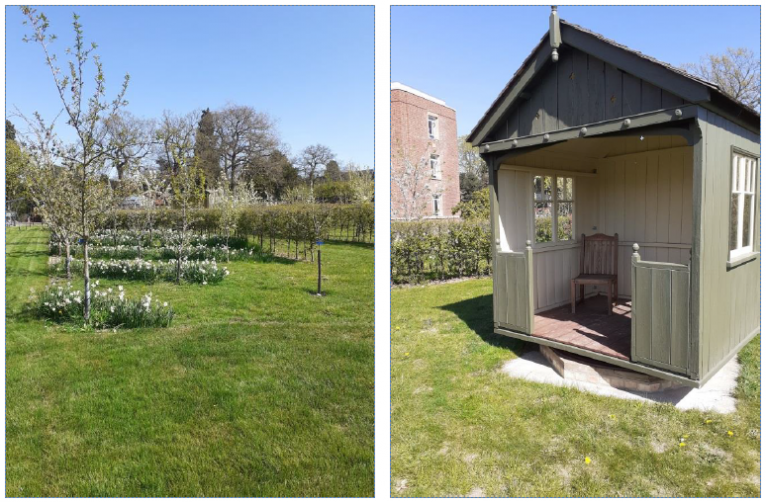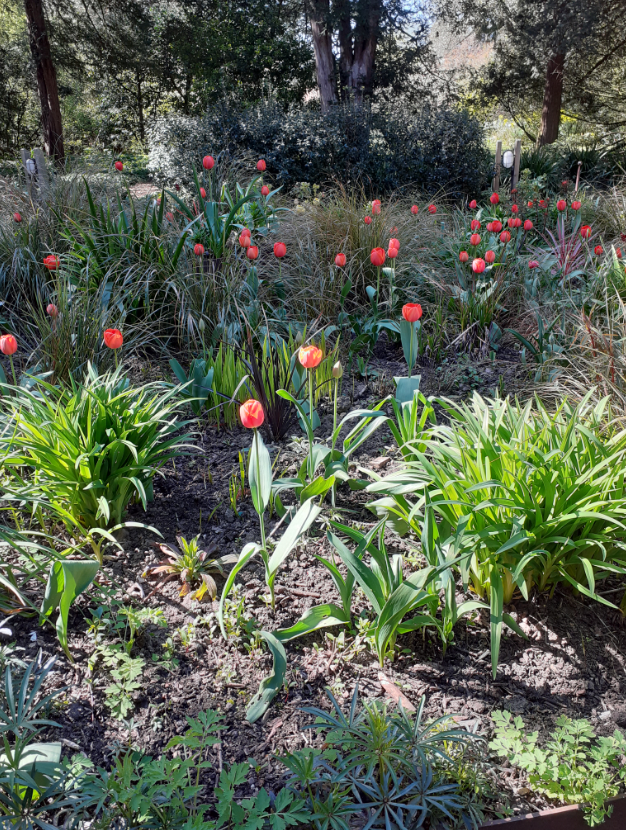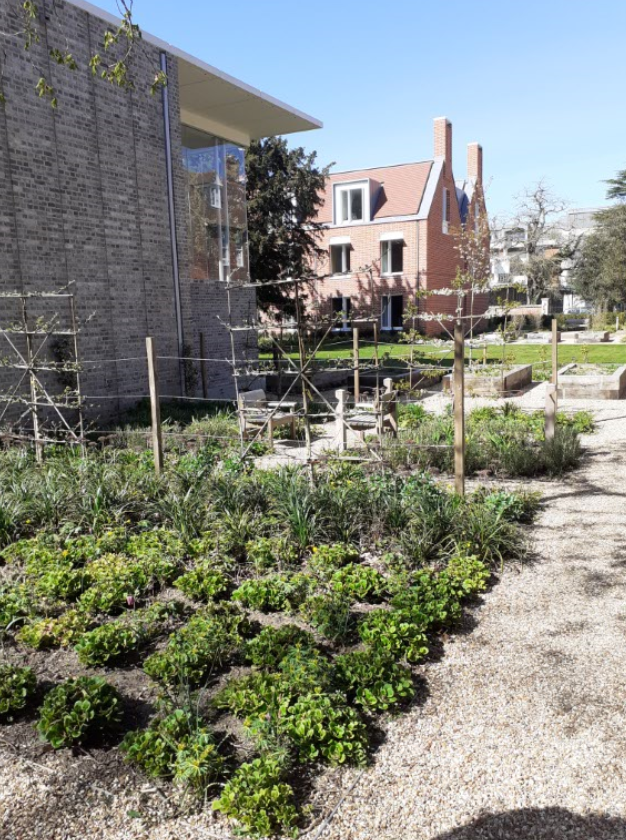TOPSOIL SALES TEAM
Contact British Sugar TOPSOIL for advice:


Wed 26 May 2021

One of the 31 constituent Colleges that make up the University of Cambridge, King's College was founded by King Henry VI in 1441. The historic College grounds provide some of Cambridge’s most iconic views and they are under the care of Head Gardener Steven Coghill who has long been an advocate of British Sugar TOPSOIL products.
College Lawns
Maintaining the appearance and quality of the extensive College Lawns is achieved by first killing the moss with lawn sand containing iron. The sward is then scarified and British Sugar TOPSOIL’s Lawn Dressing, which is supplied in bulk bags for convenience, is applied using either a tractor or a pedestrian spreader, depending on the extent of the area being treated.
The topdressing is levelled into the turf using a lawn lute before the area is over-seeded with a bent/fescue grass seed mix.
Old Garden Hostel Orchard
This is a permaculture orchard and, as such, the garden team at King’s College works with nature’s natural forces of wind, sun and water to provide the orchard with everything it needs to thrive. This holistic approach to gardening involves minimum intervention and disruption to the soil and environment. Fruit produced by the orchard includes apples, pears, quince, cherries, figs and peaches from plants trained against the orchard walls, and blackcurrants, redcurrants and gooseberries.

The centrepiece of the orchard is a restored 1904 summer house, which is located on a turntable so that it can always face the sun. This provides a wonderful area where students can relax, socialise and enjoy eating the orchard produce, which they are encouraged to pick.
The orchard’s turf was laid on British Sugar TOPSOIL’s Landscape20 topsoil, a BS3882:2019-compliant sandy loam soil ideal for turf laying.
Fellows’ Garden
First laid out in 1851 as ‘a pleasure ground for the Fellows of the College’, undergraduates were granted access in 1935; the garden is a hugely popular space with the King’s community.
A circular planting bed in the garden has been constructed in steel using the Fibonacci sequence, discovered by mathematician Leonardo Fibonacci in the 12th century, where every number starting from 2 is the sum of the two numbers preceding it: 0,1,1,2,3,5,8,13,21 and so on. This has created an ‘eccentric’ or off centre circle, where British Sugar TOPSOIL’s Landscape20 sandy loam has been used as the planting medium for herbaceous perennials and bulbs within it.

Mark Taylor Centre, Postgraduate Accommodation
This Passivhaus project has been funded by King’s College alumnus Mark Taylor and the landscaping reflects the sustainable, low impact nature of Passivhaus principles. Passivhaus (or Passive House) is an advanced low energy construction standard for buildings. By using high performance insulation and making a building completely draught free, it effectively eliminates heat loss to create a building with very low environmental impact.
British Sugar TOPSOIL’s Landscape20 topsoil was chosen for the landscaped areas because of its high natural fertility and water holding capabilities, which totally align to the principles and objectives of this build. Herbaceous perennials are under-planted with bulbs, and fruit trees and raised vegetable beds provide a colourful outdoor store cupboard for the building’s postgraduate residents.
